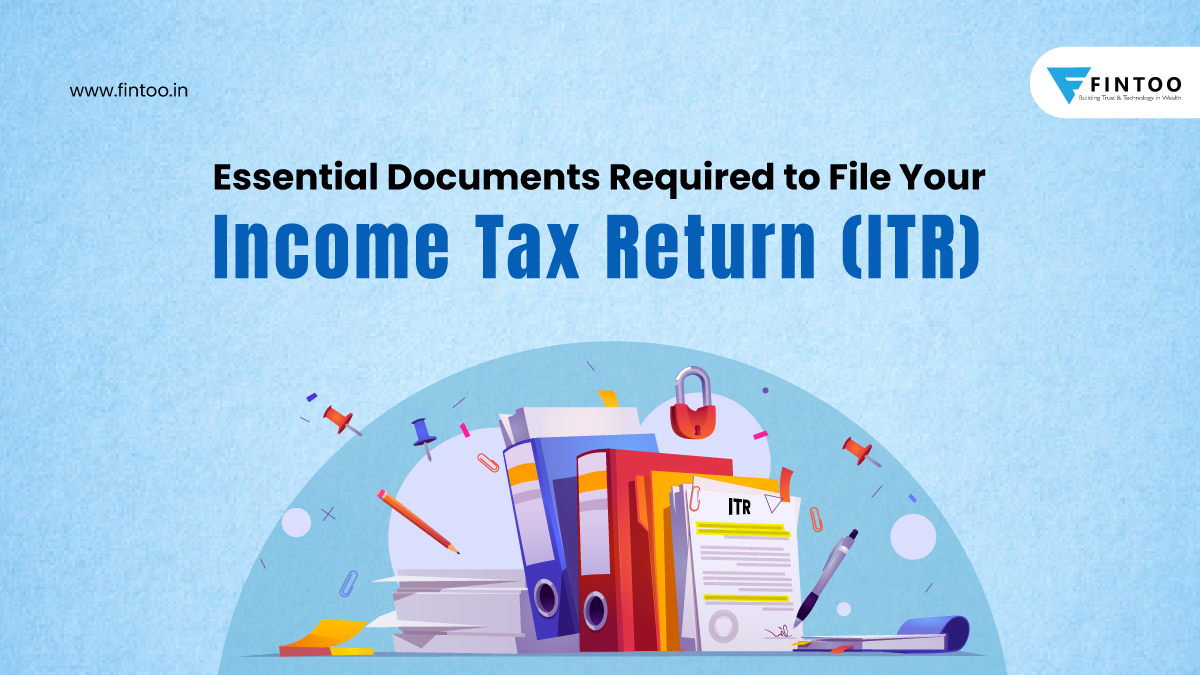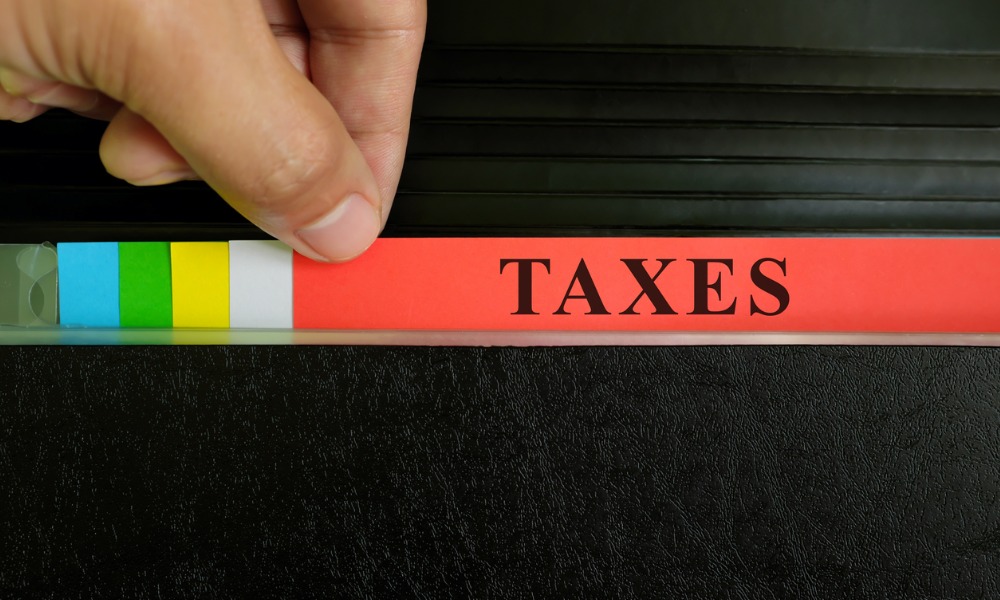6 Essential Documents for Filing Your Taxes Easily

If you've ever felt overwhelmed by the process of filing your taxes, you're not alone. However, with the right preparation, particularly in terms of document organization, this task can become much more manageable. Here, we outline the 6 Essential Documents for Filing Your Taxes Easily, ensuring you have all the paperwork you need to breeze through this tax season.
W-2 Wage and Tax Statement


The cornerstone of any tax filing begins with your W-2 Form. This document summarizes your total annual wages and the taxes withheld from your paycheck by your employer. It’s crucial because:
- It provides the IRS with a record of your income.
- It verifies the amount of taxes already paid throughout the year.
Ensure you receive your W-2 by the end of January and cross-check the figures with your records to avoid any discrepancies.
1099 Forms


If you’ve freelanced, earned interest from investments, or received dividends, you’ll encounter various types of 1099 forms:
- 1099-MISC - For miscellaneous income like freelance work.
- 1099-INT - For interest income.
- 1099-DIV - For dividends and distributions.
These forms are necessary because they report income not derived from traditional employment. Make sure to report all forms of income accurately to avoid issues with the IRS.
Receipts for Deductions

To lower your taxable income, keep receipts for any deductible expenses. These might include:
- Home office expenses if you work from home.
- Medical expenses exceeding a certain threshold.
- Charitable contributions.
Here’s how to organize your receipts for deductions:
| Expense Type | Description | Tax Deductible? |
|---|---|---|
| Home Office | Utilities, internet, office supplies | Yes |
| Medical | Doctors’ visits, medications, travel for medical care | Yes* |
| Charity | Donations to qualified organizations | Yes |

💡 Note: *Medical expenses are deductible if they exceed 7.5% of your Adjusted Gross Income (AGI).
Investment Statements

Investment income, such as capital gains from selling stocks or bonds, must be reported. Your brokerage or financial institution will send you:
- Statement of Account detailing your transactions.
- Gain/Loss Summary for your annual report.
When reviewing these documents, pay special attention to:
- Realized gains or losses for capital gains tax calculations.
- Dividend income, as seen on 1099-DIV forms.
Business Expenses

If you own or operate a small business, your documentation needs to expand significantly. You’ll need:
- Invoices and sales receipts for business transactions.
- Bank statements to reconcile income and expenses.
- Any employee wages, payroll taxes, and benefits statements.
Organizing these documents systematically can help during the audit preparation:
- Create folders for different expense categories.
- Utilize tax software or apps to track expenses throughout the year.
Dependent and Alimony Documents

Claiming dependents and alimony payments can influence your tax filing significantly. Keep the following on hand:
- Birth certificates or adoption records for dependents.
- Divorce decree or legal agreement for alimony payments.
- Social Security Numbers for each dependent.
These documents are vital for:
- Adjusting your filing status.
- Determining your tax credit eligibility.
In summary, meticulous preparation can turn the daunting task of tax filing into a straightforward process. By gathering these essential documents, you not only facilitate an accurate tax return but also prepare yourself in case of an audit. Always remember that having organized records will not only speed up your filing but also could help maximize your refund or minimize your tax liability.
What should I do if I haven’t received my W-2 by the deadline?

+
Contact your employer immediately. If that doesn’t resolve the issue, you can file IRS Form 4852 as a substitute for your W-2.
Can I deduct home office expenses?

+
Yes, if you use part of your home regularly and exclusively for business purposes, you might be eligible for a home office deduction.
What types of medical expenses are deductible?

+
Medical expenses include costs for diagnosis, cure, mitigation, treatment, or prevention of disease. This encompasses medical insurance, doctors, hospitals, lab fees, medical equipment, and travel for medical care.